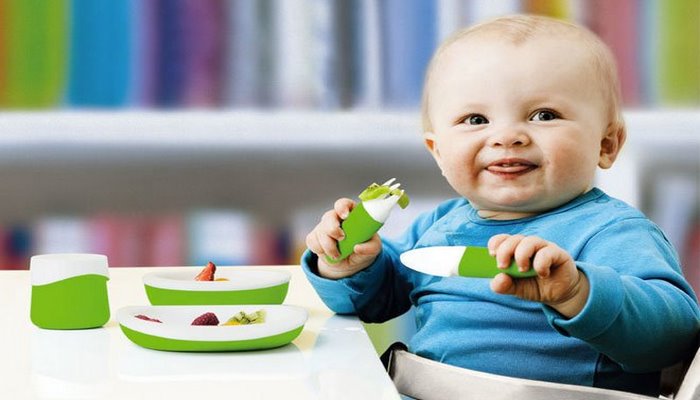
Baby Nutritional Tips
It’s not easy to talk about nutrition when it comes to children. From the very first days, in fact, they need a balanced and correct diet to grow healthy and strong! In Western countries (such as Italy), however, there are more and more childhood diseases such as overweight, obesity, diseases related to eating disorders and due to a difficult relationship with food.
Any pediatrician, nutritionist or specialist therefore recommends teaching children a proper diet from weaning. Through a balanced diet it is possible to educate the child to have a good relationship with the food he or she consumes. A healthy relationship with food and its use will mean ensuring a better future for your child!
As long as the baby feeds exclusively on breast milk or formulated milk, there are hardly any feeding problems because it is, in any way, controlled. When weaning begins and the baby’s tastes “emerge”, the moment begins when the parents have to teach the baby what to eat and what not to eat, in what quantity and at what time of day. In short, how to eat correctly.
Parents’ work in teaching the child how to eat correctly and how to guide him/her in the right relationship with food begins with the introduction of the first meals and flavours.
When children move from an exclusive diet with milk (breast or artificial) to a more varied diet through weaning, they must learn to make friends with new friends flavors! By nature, the child is already predisposed to choose foods over others. Some choose them because they are offered several times, others reject them because they simply do not like the taste. About 25% of children refuse any food that is not that of the usual children’s menu: this attitude that makes you crazy mom, is called neophobia. The best weapons are patience and peace of mind, forcing a child to eat something he does not want or does not like will only make him nervous and stress him unnecessarily.
The child’s food tastes, in fact, do not depend on the insistence of the parents, but on factors of various kinds: the environment around him, hormonal, the needs of growth. Take the time to prepare your main meals and don’t let them get too hungry for lunch or dinner. The task of the mother and father is not to impose those who consider the right foods on the child but to guide him in choosing nutritious foods and tailored to his nutritional needs to grow healthy and full of energy!
What nutritional advice can be given to teach the child to have a correct relationship with food?
You can start with frequent meals organized so that you always have different foods, gradually introducing more and more portions of fruit and vegetables and drinking the right amount of water needed for proper hydration. Having a balanced diet means being ready for any energy losses, generic weakening due to flu or small inflammations.
In a nutshell, getting a child used to having a proper diet will give him a healthier and happier life. Here is a list of tips to keep in mind:
– Good manners (food) are learned from childhood;
– A healthy diet includes: cereals, fruit and vegetables, milk and dairy products, meat, fish, legumes and eggs, fats and, last but not least, desserts;
– Always change the diet during the day (and the week) a child should eat in a balanced way: carbohydrates, fats and proteins (animal and vegetable) starting in the morning with a healthy and abundant breakfast and eating little but often during the day (breakfast, mid-morning snack, lunch, mid-afternoon snack, dinner);
– Bad habits are your child’s main enemy: learning to chew food well, not giving too many food stimuli together but balancing them well during growth can be a great start;
– Allergies are around the corner but with a correct introduction of one food at a time within a varied diet you can discover and keep them under control starting from an early age to play sports or a light sporting activity for at least an hour a day do not consume too many carbonated drinks and sweets.
For a truly complete and healthy diet, always contact your paediatrician. He will advise you on a balanced diet tailored to the energy needs of your child with the right nutritional contribution. The right amount of energy will help your child to grow up active and ready to play, laugh and run (and let you spend your energy)!









Comments
Show comments Hide comments